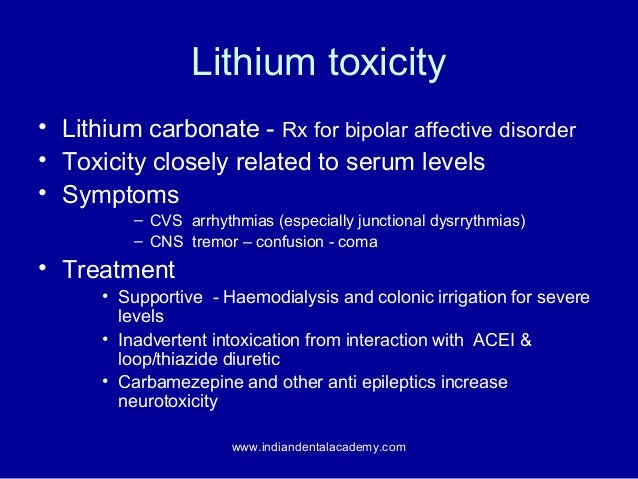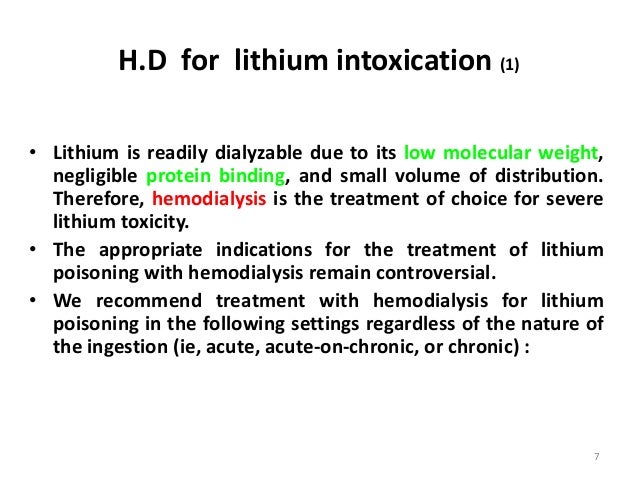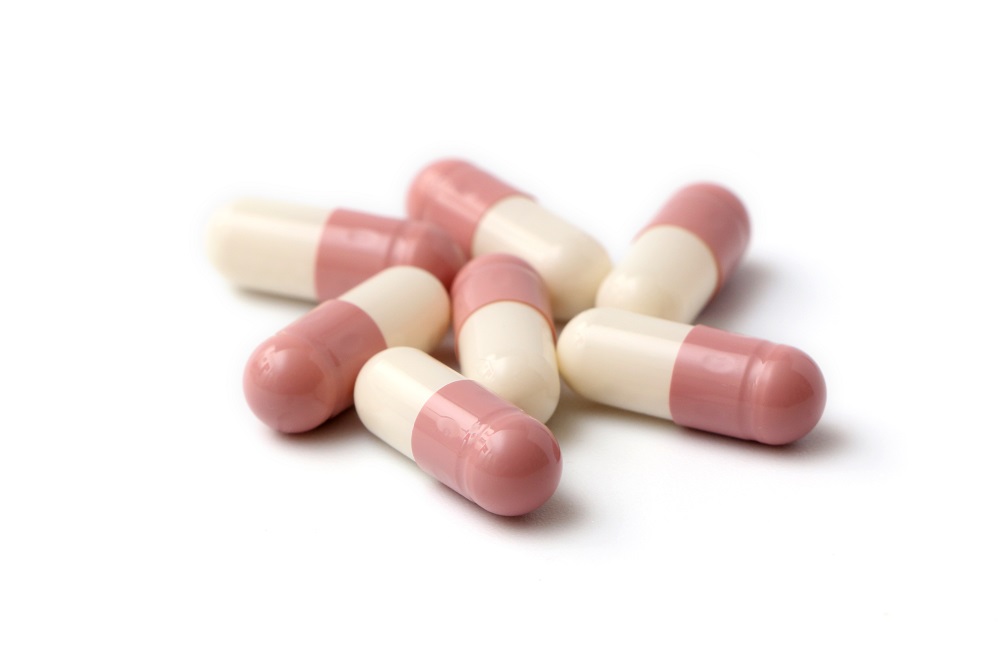


A licensed physician should be consulted for diagnosis and treatment of any and all medical conditions. The information provided herein should not be used during any medical emergency or for the diagnosis or treatment of any medical condition. This site complies with the HONcode standard for trustworthy health information: verify here.

Learn more about A.D.A.M.'s editorial policy editorial process and privacy policy. is among the first to achieve this important distinction for online health information and services. follows rigorous standards of quality and accountability. is accredited by URAC, for Health Content Provider (URAC's accreditation program is an independent audit to verify that A.D.A.M. There will often be a combination of the acute and chronic symptoms listed above, including both nervous system and intestinal symptoms.Ī.D.A.M., Inc.

Psychosis (disturbed thought processes, unpredictable behavior).Movement disorders, muscle twitches, hand tremors.In severe cases of chronic toxicity, there may also be nervous system and kidney problems, such as: There will likely not be any stomach or intestinal symptoms. Changes in mental status or altered thinking.Coma (decreased level of consciousness, lack of responsiveness).Neurologic symptoms (develop after the intestinal symptoms) Symptoms of the three types of lithium toxicity are described below.Ĭommon symptoms of taking too much lithium at one time include the following symptom groups. If you or someone you are with has an exposure, call the local emergency number (such as 911), or the local poison control center can be reached directly by calling the national toll-free Poison Help hotline (1-80) from anywhere in the United States. DO NOT use it to treat or manage an actual poison exposure. Significant poisoning can result when the amount of lithium taken is more than this range. Lithium is a medicine with a narrow range of safety. This can be as little as a couple of pills or as much as a whole bottle. Acute-on-chronic toxicity occurs when you normally take lithium every day, but one day you take an extra amount.These factors can make the lithium build up to harmful levels in your body. This is actually quite easy to do, because dehydration, other medicines, and other conditions can easily affect how your body handles lithium. Chronic toxicity occurs when you slowly take a little too much of a lithium prescription every day for a while.Acute toxicity occurs when you swallow too much of a lithium prescription at one time.This article focuses on lithium overdose, or toxicity. Lithium is a prescription medicine used to treat bipolar disorder.


 0 kommentar(er)
0 kommentar(er)
